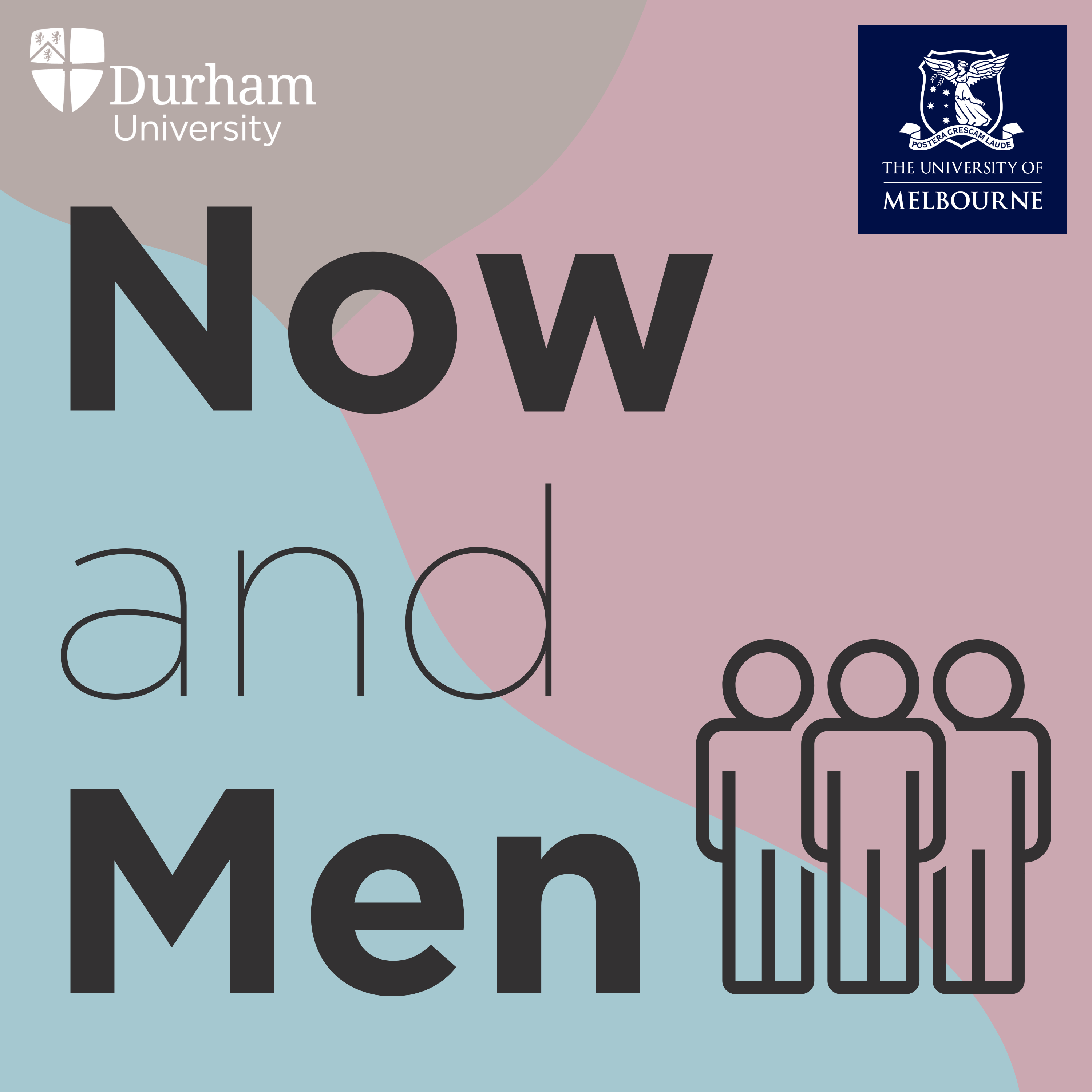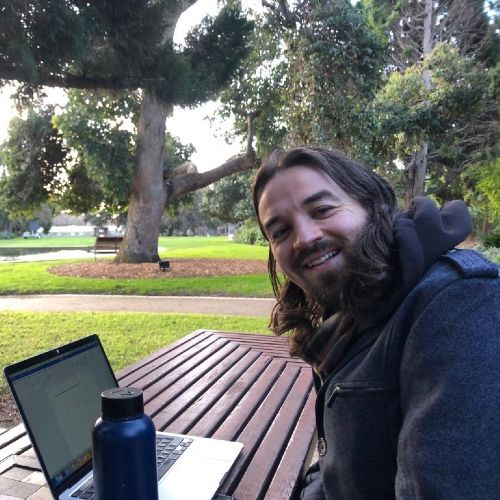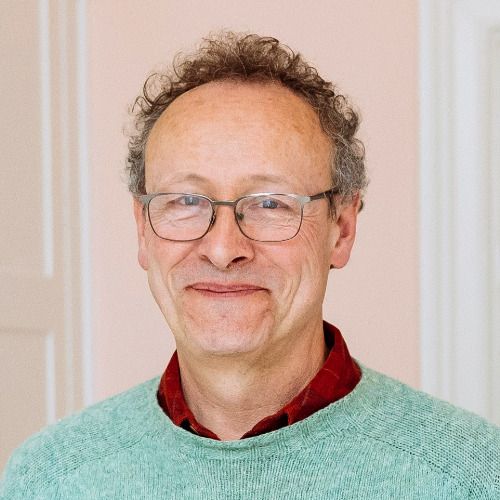Prof Jonathan Scourfield - Suicide, Social Work, and Masculinities
Suicide is a major health and wellbeing issue among men, with the UK suicide rate three times higher for men than women. There are clear links to issues of masculinity here, such as pressures on men to never show ‘weakness’ or emotion, or the idea that it is ‘unmanly’ to struggle with one’s mental health or experience failure. However, the situation is complex. Some groups of men are much more likely to take their own lives than others. The factors at play can vary substantially. And whilst they are less likely to die, women appear to be more likely to attempt to take their own lives and experience suicidal thoughts than men. Professor Jonathan Scourfield talks us through these complexities, and helps us to understand what masculinity has to do with suicide.
Towards the end of our conversation, we also talk about other significant aspects of Jonathan’s work in relation to engaging fathers, child welfare, and social work with men more generally.
For help and support:
- In the UK and Ireland, call Samaritans on freephone 116 123, or email jo@samaritans.org or jo@samaritans.ie - https://samaritans.org
- CALM (Campaign Against Living Miserably) can be contacted on 0800 58 58 58 from 5pm-midnight - https://thecalmzone.net
- The youth charity Papyrus can be contacted on 0800 068 4141 or email pat@papyrus-uk.org - https://papyrus-uk.org
- In the US, call/text the Suicide and Crisis Lifeline on 988 - https://988lifeline.org
- In Australia, call Lifeline on 13 11 14 - https://www.lifeline.org.au
- Other international helplines can be found at https://befrienders.org
Jonathan Scourfield is a Professor of Social Work in the School of Social Sciences at the University of Cardiff, Wales. He’s also a Deputy Director of CASCADE, the Children's Social Care Research and Development Centre. He has conducted an extensive body of research over his career on topics including child and family services, working with men, social work education, identity and religion in children, and suicide and self-harm.
- More info about Jonathan’s work: https://www.cardiff.ac.uk/people/view/38087-scourfield-jonathan
- Follow him on Twitter: https://twitter.com/j_scourfield
- Read his paper, ‘Suicidal Masculinities’, in the journal Sociological Research Online (2005): https://www.socresonline.org.uk/10/2/scourfield.html
- He also refers to the influential book he co-wrote with Brid Featherstone and Mark Rivett, ‘Working with Men in Health and Social Care’ (Sage, 2007) - https://uk.sagepub.com/en-gb/eur/working-with-men-in-health-and-social-care/book228342
We cover the following topics in this episode:
- How accurate it is so say that men are less inclined to seek help (01:23 - 05:38)
- The range of factors which help to explain suicides among men (05:38 - 10:34)
- The relevance of feminist theories such as 'hegemonic masculinity' to male suicide, including links with violence and abuse (10:34 - 15:47)
- The influence of heteronormative pressures on men, and perceptions about mental illness (15:47 - 18:30)
- Understanding differences in suicide rates among men based on age (18:30 - 22:43)
- The impact of leaving the workforce on older men (22:43 - 25:03)
- The role of poverty and economic/geographical inequalities, and how women’s suicides fit into the picture (25:03 - 28:54)
- The preventative role of social networks, and the influence of gendered cultural scripts (28:54 - 34:26)
- Pressures faced by families (34:26 - 36:54)
- The role of the coroner's process (36:54 - 37:45)
- Policy responses to male suicide in the UK, and what more needs to be done (37:45 - 42:15)
- Jonathan’s research on engaging fathers in child welfare services (42:15 - 49:26)
- Contrasts with the ways in which mothers are seen by social services (49:26 - 50:59)
- The impact that feminism has had on Jonathan (50:59 - 54:13)
- Recap: Changes in public discourses around men’s mental health, the importance of relationships, the significance of employment to men, prevention efforts, the impact of Covid-19 (54:13 - 01:00:45)
Explainers:
- ONS = UK Office for National Statistics
- PSHE = Personal, social, health and economic education
- ‘Lonely at the Top’ by Thomas Joiner (2011) - https://us.macmillan.com/books/9780230341111/lonelyatthetop



